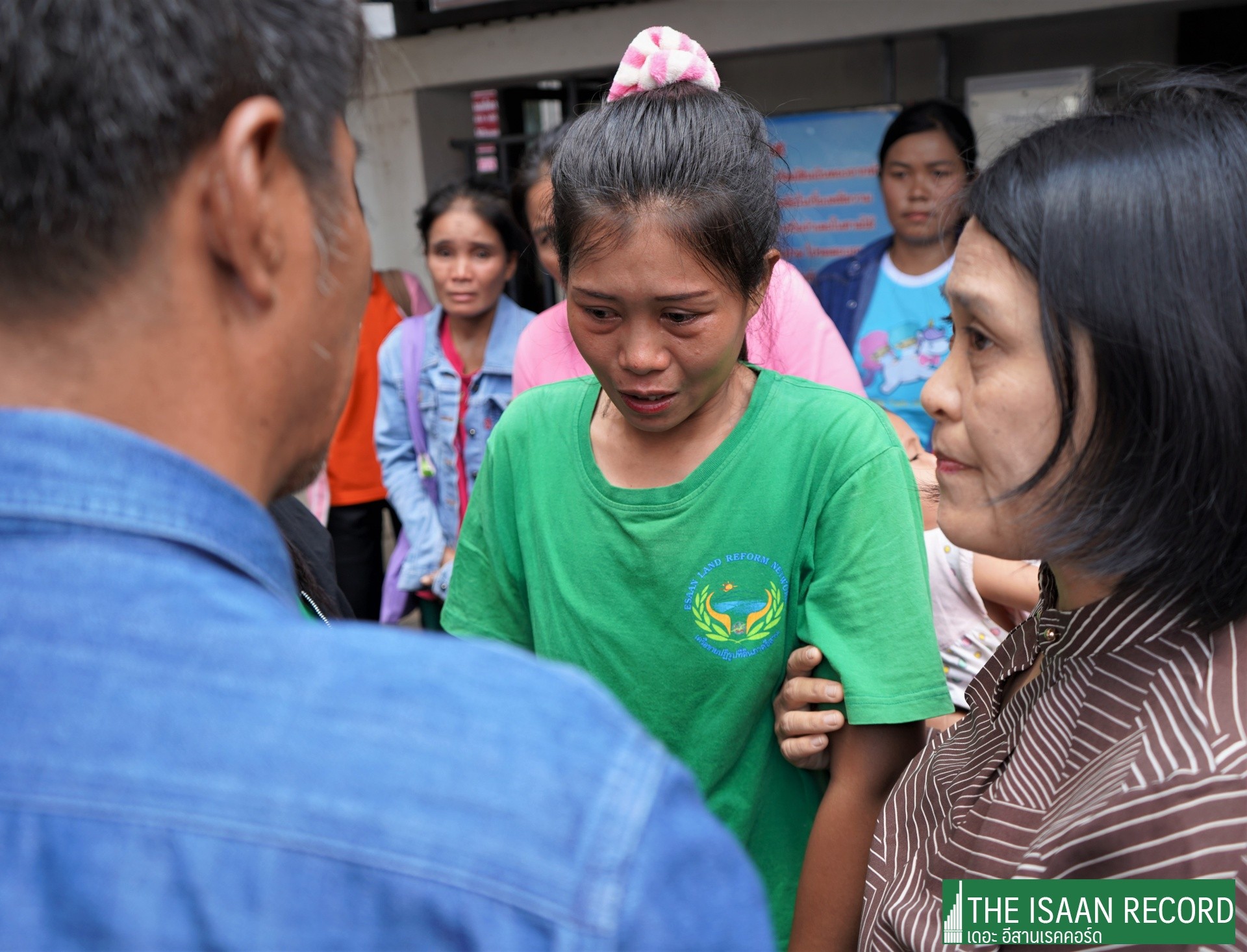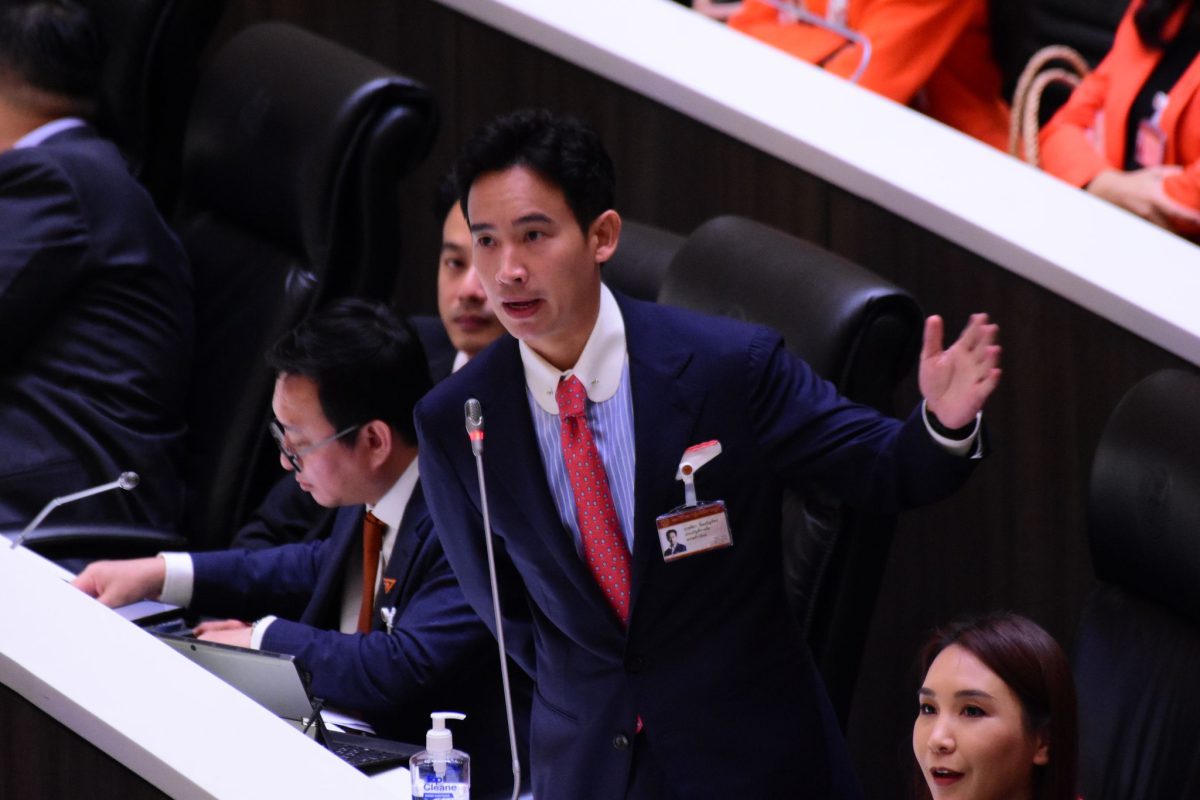Press release by Asia Pacific Forum on Women, Law and Development (APWLD)
CHIANG MAI – 226 international civil society organisations and human rights defenders have demanded that the Thai government drop all charges against 14 land and human rights defenders in Sab Wai, Chaiyaphum province, who are currently facing disproportionate imprisonment and fines exceeding one million baht (about 32,300 USD).
They were found guilty in August last year by the first court for breaching Thailand’s Forest Act and National Park Act despite evidence qualifying for exemption from prosecution as poor, landless and low-income groups.
The statement, signed by civil society organisations focusing on women’s rights, environment, and land rights, among others, also demands that the Thai government scrap the Forest Master Plan, NCPO Order 64/2014 and similar orders of the military junta that fail to protect the people and communities’ interest, rights and sovereignty.
“The Thai government must respect the 14 land and human rights defenders from Sab Wai and uphold their right to community land use. These are communities who have lived and tilled this land long before any and all forest reclamation plans and policies, ” said Pranom Somwong from the human rights organization Protection International, Thailand.
In May and June 2019, the Appeals Court has so far reaffirmed the sentences for nine defendants out of 14 in Sab Wai, even though the Office of the Prime Minister and a task force is reviewing their rights for community land use. Five more women land and human rights defenders are due to hear their verdicts on 2 and 3 July.
Sab Wai is one of the thousand villages throughout Thailand being affected by the Thai government’s “forest reclamation” policies. Issued in 2014 by the National Council for Peace and Order (NCPO), the Order 64/2014 and 66/2014 aim to increase the national forest land from 31 to 40 percent by evicting those using the lands. However, as of 2015, the NGO Committee on Development has found that only 2 percent of the cases have been filed/pursued against large businesses and investors, while the rest are against small-scale peasants.
“The government’s environmental commitment should ensure that it does not come at the cost of women peasants’ livelihood, but instead should aim to cease fossil fuels and development projects that do not benefit the people,” said Kavita Naidu, Asia Pacific Forum on Women, Law and Development (APWLD), Thailand.
At the same time, according to Land Watch Thai, in the past five years, the Thai Junta has given away 6,243 Rai (about 999 hectares) of forest conservation land to large corporations including Thai Cement company for coal mining and for Special Economic Zones in Tak province.
“It is contradictory that women peasants are faced with criminal punishment and have to shoulder hefty fines for ‘environmental damage fee’ for small scale farming, while large extractive corporations have a free pass from the government to use forest land for polluting the environment at a worse scale,” said Suluck Fai Lamubol, Asia Pacific Forum on Women, Law and Development (APWLD), Thailand.
The global human rights community urgently asks the Thai Government to demonstrate its commitment to protecting the Thai people and recognize the important role women land and human rights defenders play in saving the planet.





